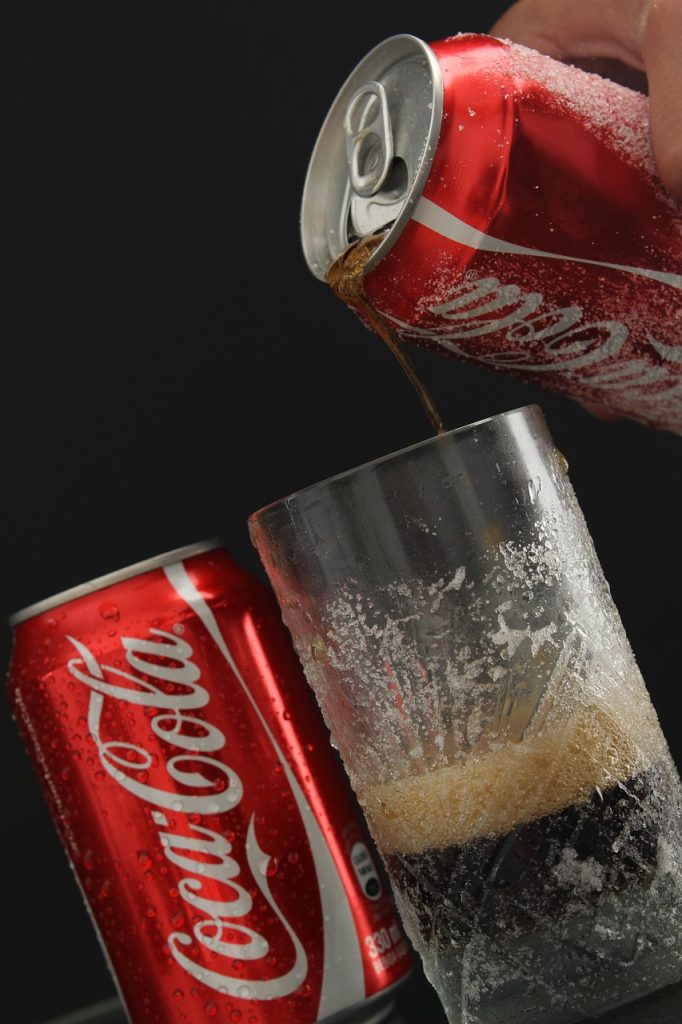In a world where the simple pleasure of sipping a soda can evoke childhood memories, Coca-Cola is set to bring an intriguing twist to its classic formula. This fall, the beverage giant will debut a new version of its iconic drink, sweetened with U.S.-sourced cane sugar. This move, influenced by pressures from the political sphere, notably former President Trump, taps into a growing trend of consumers leaning towards ingredients perceived as more authentic or natural as reported by The New York Times.
Cane sugar, a darling of the culinary world, is often lauded for its less processed nature compared to high-fructose corn syrup. This shift not only aligns with consumer demand for transparency and simplicity in ingredients but also harks back to the days when sodas were crafted with pure cane sugar. While some may debate whether this change will impact health benefits, it undeniably brings a nostalgic charm to the modern beverage landscape.
Coca-Cola’s decision to use U.S. cane sugar also reflects a broader trend in the food industry, where local sourcing and sustainability are becoming increasingly prioritized. This move may appeal to those who are mindful of their ecological footprint, as well as those with a penchant for supporting domestic production. It’s a testament to how even the most global of brands can adapt and respond to both political and consumer-driven forces, all while maintaining its storied tradition.
As we contemplate the implications of this sweetened switch, it begs the question: Will consumers truly taste the difference in a sugar that carries not just a different source, but a different story? Or is the allure of cane sugar Coca-Cola rooted more in the sentimentality and marketing of a ‘better’ past? This development is a reminder of the ever-evolving dance between tradition and innovation in the culinary world.


